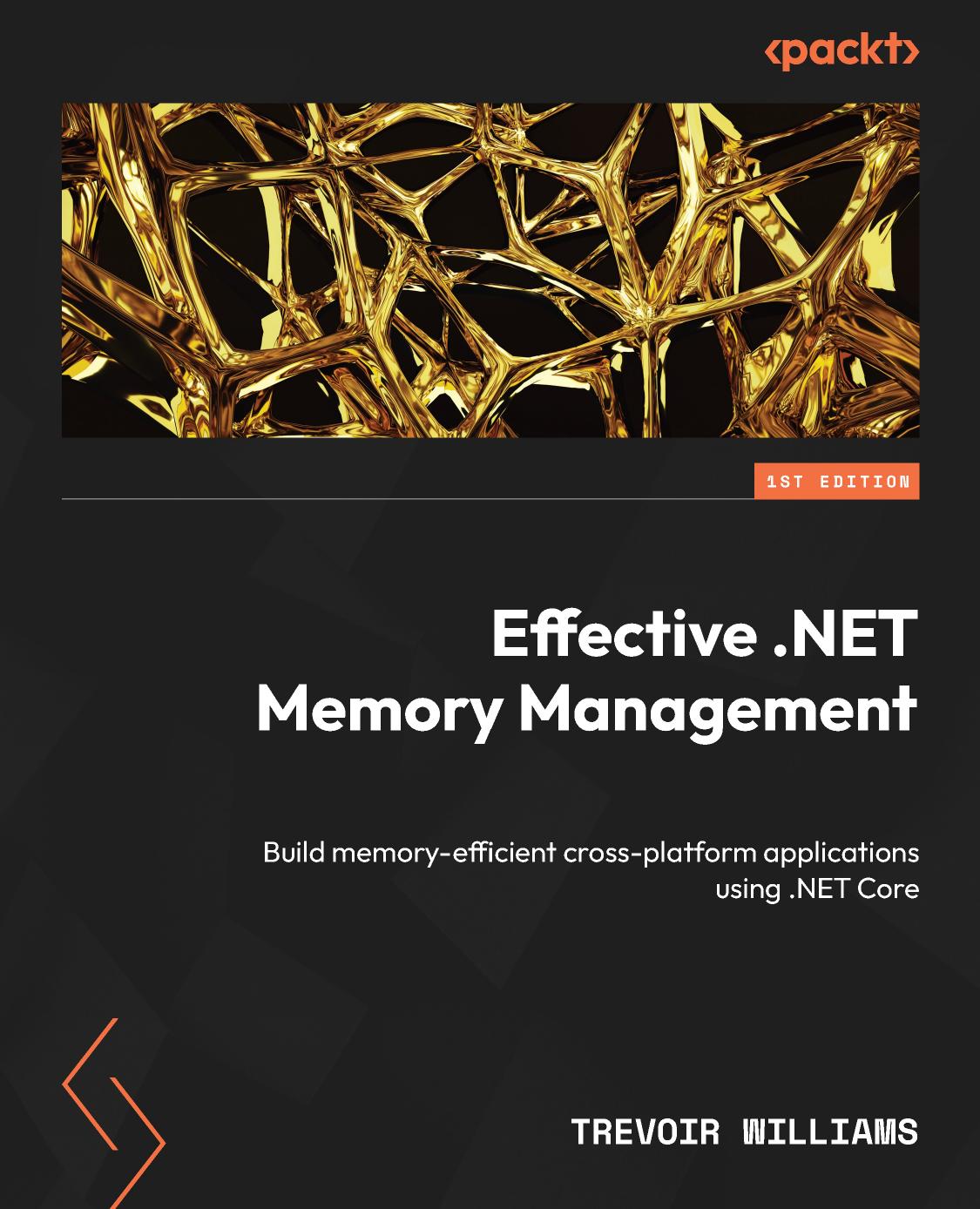

Most ebook files are in PDF format, so you can easily read them using various software such as Foxit Reader or directly on the Google Chrome browser.
Some ebook files are released by publishers in other formats such as .awz, .mobi, .epub, .fb2, etc. You may need to install specific software to read these formats on mobile/PC, such as Calibre.
Please read the tutorial at this link: https://ebookbell.com/faq
We offer FREE conversion to the popular formats you request; however, this may take some time. Therefore, right after payment, please email us, and we will try to provide the service as quickly as possible.
For some exceptional file formats or broken links (if any), please refrain from opening any disputes. Instead, email us first, and we will try to assist within a maximum of 6 hours.
EbookBell Team

4.1
90 reviewsKey Features:
- Discover tools and strategies to build efficient, scalable applications
- Implement .NET memory management techniques to effectively boost your application's performance
- Uncover practical methods for troubleshooting memory leaks and diagnosing performance bottlenecks
Book Description:
In today's software development landscape, efficient memory management is crucial for ensuring application performance and scalability. Effective .NET Memory Management addresses this need by explaining the intricacies of memory utilization within .NET Core apps, from fundamental concepts to advanced optimization techniques.
Starting with an overview of memory management basics, you'll quickly go through .NET's garbage collection system. You'll grasp the mechanics of memory allocation and gain insights into the distinctions between stack and heap memory and the nuances of value types and reference types. Building on this foundation, this book will help you apply practical strategies to address real-world app demands, spanning profiling memory usage, spotting memory leaks, and diagnosing performance bottlenecks, through clear explanations and hands-on examples. This book goes beyond theory, detailing actionable techniques to optimize data structures, minimize memory fragmentation, and streamline memory access in scenarios involving multithreading and asynchronous programming for creating responsive and resource-efficient apps that can scale without sacrificing performance.
By the end of this book, you'll have gained the knowledge to write clean, efficient code that maximizes memory usage and boosts app performance.
What You Will Learn:
- Master memory allocation techniques to minimize resource wastage
- Differentiate between stack and heap memory, and use them efficiently
- Implement best practices for object lifetimes and
…